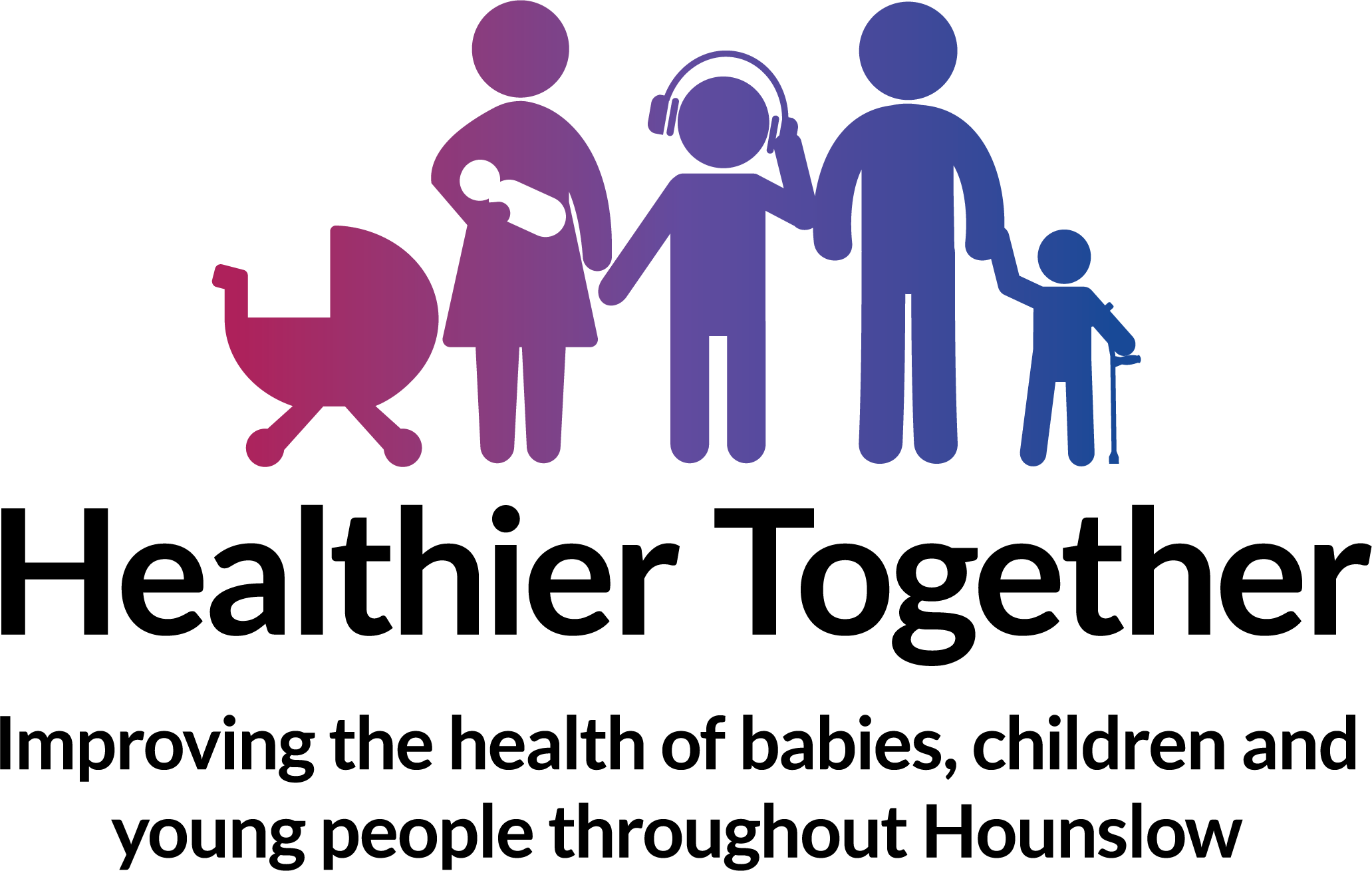Pyelonephritis
Advice intended for parents/carers taking their child home after seeing a healthcare professional
Pyelonephritis is a kidney infection caused by bacteria travelling from the bladder into the kidney. The symptoms can come on fairly quickly and make your child feel quite unwell. It can occur at any age and affects girls more than boys.
Symptoms
- Fever
- Pain in your child's tummy, back or side
- They may feel the need to urinate more frequently
- Pain or burning when passing urine
- Cloudy or foul smelling urine
- Feeling sick
- Irritable
- Lack of energy
- Wetting
Causes
The bacteria that cause kidney infections usually live in your child's bowel. These bacteria can spread from your child's bottom to the opening of the urinary tract. They then pass from the bladder into the kidney.
Treatment
Pyelonephritis usually responds well to antibiotics. Treatment with intravenous antibiotics (given into a vein) is needed for more severe cases or those that have not responded to antibiotics given by mouth. Babies under 3 months of age with pyelonephritis will also require treatment with intravenous antibiotics initially.
Some children who need intravenous antibiotics are admitted to hospital initially whilst others can be looked after at home. These children would come into hospital once a day for someone to look at them and for their antibiotics to be given.
The decision on when to change from intravenous to oral antibiotics (tablets or liquid) will be made by the medical team caring for your child. This will depend on how quickly your child responds to treatment (improvement in fever, pain and sometimes their blood tests) and whether your child has other health conditions. Antibiotics are usually given for a total of 7 to 10 days. You can give regular pain relief (Paracetamol or Ibuprofen) until any discomfort has improved.
What else can you do to help?
Your child should drink plenty of fluids. Whilst in hospital, fluids may be given intravenously. However, once they are able to drink more, this will stop.
If your child is independently using the toilet, then make sure they wipe themselves properly - front to back - to avoid soiled tissue paper coming into contact with the urinary tract opening.
For full information on Urinary Tract Infections (UTIs) click here.
Complications
Most kidney infections are treated successfully without complications, however it is important that if your child is not showing any improvement after 24-48 hours, they may require further investigations and should be seen by the team treating them at hospital.
Most children recover without any complications. However, kidney infections can very rarely lead to a kidney abscess, blood poisoning (sepsis) or kidney failure.
If you are concerned that your child's condition is not improving or getting worse, you should contact your discharging ward.
Things to look out for include:
- Worsening of fever
- Fast breathing rate
- Fast heart beat
- Increasingly cold hands and feet
- Changes in behaviour, such as confusion or disorientation
- Worsening pain or discomfort in their tummy, back or side
Call 999 for an ambulance if you have serious concerns for your child.
Prevention of future episodes
The best ways to reduce the risk of future kidney infections is to keep the urinary tract free from bacteria and to avoid constipation. Way to achieve this are:
- Drink plenty of fluids
- Encourage your child to go to the toilet as soon as they need to and wipe from front to back once they have been
- Encourage your child to have good hygiene practices, by keeping themselves clean and washing their hands after visiting the toilet
- Avoid constipation and treat aggressively if it occurs


